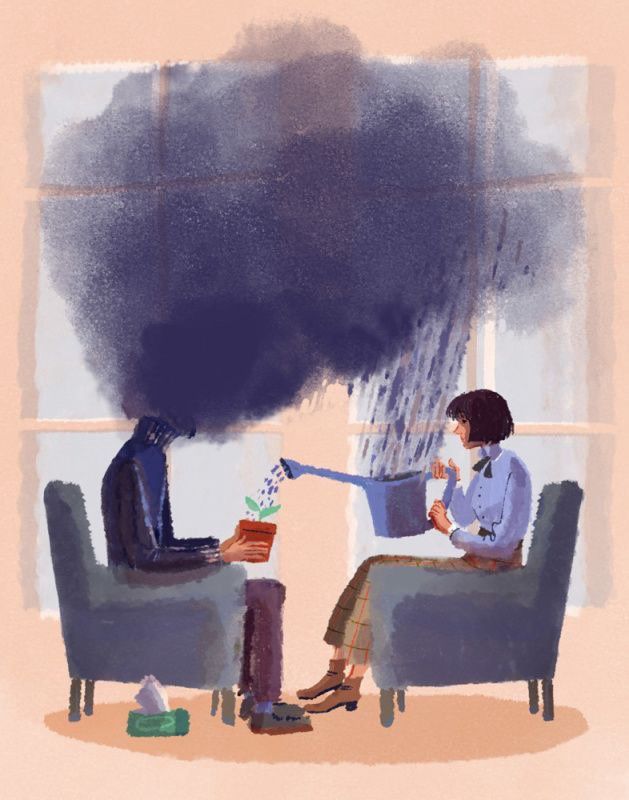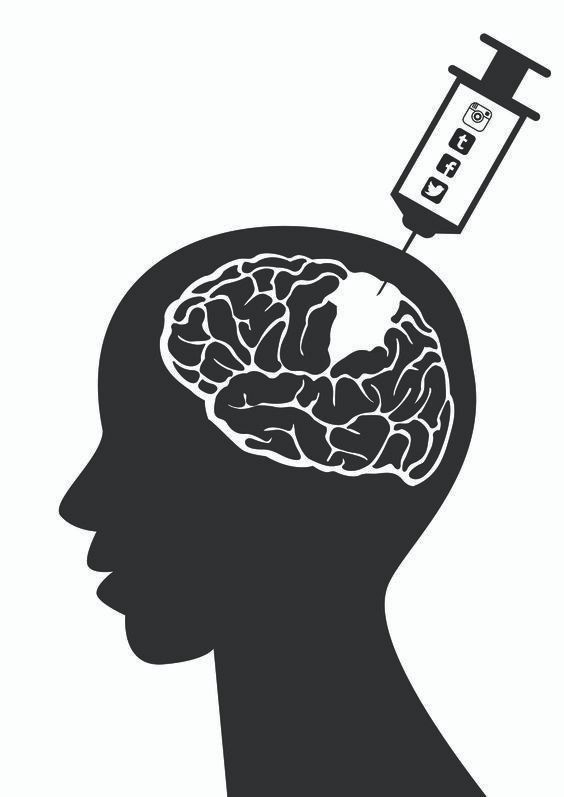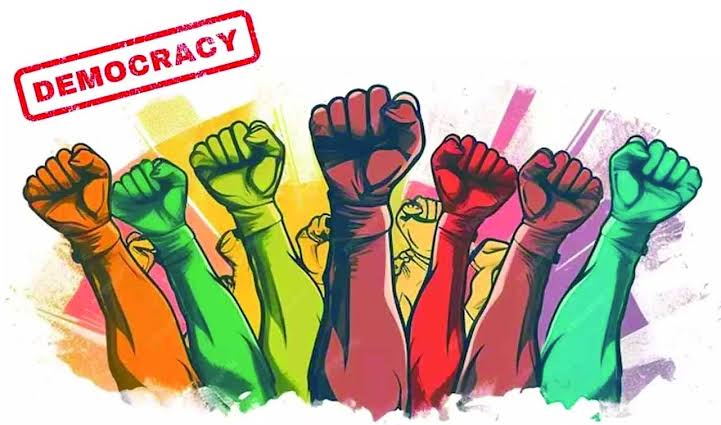The Real Cost of Political Apathy: Why Choosing Silence Is Still a Choice
.jpeg)
There’s a quiet epidemic spreading across African democracies—one more dangerous than corruption or violence. It’s apathy. The shrug. The sigh. The “what’s the point?” from millions of young people who no longer believe their voice matters.
Political apathy isn’t passive. It’s a choice. And like all choices, it has consequences.
“When you don’t show up to vote, someone else decides your future.”
Across the continent, voter turnout is plummeting. Young people—the demographic with the most to gain or lose—are tuning out. But the real cost of disengagement isn’t just a missed election. It’s a stolen future.
The Myth of Neutrality
There’s a dangerous lie many believe: that avoiding politics means staying ‘neutral.’
But neutrality doesn’t exist in systems of power. Choosing not to participate doesn’t protect you from the outcomes of political decisions—it simply ensures that someone else gets to make those decisions for you.
You may not care about politics, but politics cares about you. It shapes the cost of fuel, the safety of your neighbourhood, the jobs available when you graduate, the policies that determine your reproductive rights, and even the freedom to express yourself online.
In politics, there are no sidelines. There is no such thing as standing still—you’re either shaping the system, or being shaped by it.
So when the youth check out, corrupt leaders check in. And they stay.
The Hidden Costs of Political Apathy
Political apathy has a price. Often, it’s invisible at first—until you look around and realise the rot in your country isn’t accidental. It's systemic. And that system was strengthened by silence.
1. Old Power Remains in Power
By not participating, young people allow the same recycled leaders to dominate the ballot cycle after cycle. Those who led the country into decay are continuously given the keys to its future, unchallenged by the very voices meant to disrupt them.
2. No One Speaks for You
Politicians listen to who votes. If young people don’t show up at the polls, their priorities—education reform, jobs, digital access, social justice—never reach the policy table.
3. Weak Institutions Thrive
When people disengage, accountability disappears. Leaders steal, lie, and manipulate because no one is watching. The system doesn't self-correct—it collapses in plain sight.
4. Youth Potential Is Wasted
Every year of silence delays progress. Poor governance slows education, kills startups, underfunds healthcare, and demoralises future generations. We aren’t just missing opportunities—we’re actively building a world that doesn't work for us.
By the Numbers: Apathy in Action
Take Nigeria’s 2023 general elections. Over 70% of registered voters were between 18 and 35. But less than 30% of that age group actually voted. Many cited fear, distrust in the process, or a belief that their votes wouldn’t count.
The irony? If youth had turned out in full force, they could have decided nearly every major result.
Similar trends appear in Kenya, South Africa, and Ghana. Youths sign up to vote, but abandon the booth when the day arrives. This isn’t laziness—it’s fatigue, disappointment, and distrust. But it’s also an invitation for oppression to flourish.
Why Are Young People So Disillusioned?
IMAGE CREDIT: PINTEREST
Let’s not pretend the disinterest is baseless.
Young people have been burned repeatedly. They’ve watched:
Empty promises dominate campaign seasons
Protests met with violence (#EndSARS is still fresh)
Qualified candidates lose to money bags
Elections manipulated in broad daylight
In such a climate, disillusionment is survival. But it’s also dangerous.
Apathy is exactly what oppressive systems want. When the people lose faith, power consolidates. When people stop watching, bad leaders thrive.
Your silence isn’t just absence. It’s permission.
What Engagement Actually Looks Like
Image credit: pinterest
Getting involved doesn’t mean becoming a politician. Here’s what political engagement can—and should—look like in 2025:
Vote—Every Time
Whether it’s a student council or a national general election, your vote counts. Start local. Influence grows from the grassroots.
Stay Informed
Don’t rely solely on WhatsApp broadcasts or trending tweets. Read manifestos. Track budgets. Follow credible civic organisations. Learn how power works.
Speak Out
Use your voice. In conversations. On your social media. In your religious circles. Silence is often mistaken for agreement
Support Movements
Not everyone is built for protest lines—but you can fund, amplify, or volunteer. Political action is layered. Find your lane.
When Youth Engage, Nations Change
Image credit: pinterest
History proves that youth engagement transforms nations:
In Zambia, young voters turned out in record numbers in 2021 and peacefully voted out the incumbent president.
In Tunisia, youth activism sparked the Arab Spring and triggered democratic reform.
In Senegal, student protests forced constitutional amendments and accountability measures.
In Nigeria, #EndSARS wasn’t just a protest—it was a powerful awakening. Though brutalised, the youth showed the world that silence was over.
The youths that died in the protest, died for a good cause: to change the system. To stop the brutality every Nigerian youth faced. To make the country safer. To put the officials in the right line of duty.
To remind the country that it isn't run by old people, that there are still youths whose lives, safety, and decisions matters.
And they did. The system changed. The government heard their voices, saw their pains, felt imposed by it and out of fear, sought to silence them in the most brutal way: but that didn't stop them. That only fueled the movement and made them realise they had the power to make a change if they all joined voices.
When young people organise, vote, and speak boldly, governments pay attention. Even dictatorships tremble.
Conclusion: This Is Bigger Than Politics
Political apathy isn’t harmless. It’s expensive. It’s paid for in:
Poor infrastructure
Unlivable wages
Unsafe streets
Dying hospitals
And a generation robbed of its potential
We can’t afford to sit out anymore. Politics may be ugly, but so is poverty. So is ignorance. So is fear.
You may not be interested in politics, but politics is always interested in you.
— Pericles
This isn’t about liking politicians. It’s about protecting your future.
So, vote. Learn. Speak. Mobilise. Engage.
Because silence isn’t neutrality.
Silence is submission.
And submission is how nations fall.
You may also like...
Therapy in Africa: A Trending Lifestyle or a Cultural Necessity?

Therapy is rising in African spaces—but is it a trend or a true cultural shift? This article explores how African youth ...
The Real Cost of Political Apathy: Why Choosing Silence Is Still a Choice
.jpeg)
Apathy is silently eroding African democracies. This powerful article explores why youth political disengagement isn't n...
Tech But No Touch: Is AI Disrupting Human Intimacy?

As AI weaves deeper into our emotional and romantic lives—from dating apps to virtual companions—this article explores h...
Social Media Activism: Real Change or Just Noise?
.jpeg)
From #EndSARS to #MeToo, hashtags have raised awareness—but is digital protest enough? This article explores the power a...
Can African Men Be Pretty Too?

Can African men be pretty without judgment? This bold essay challenges rigid gender norms, celebrating the quiet rebelli...
The Mind Forgers: Is Social Media Building Echo Chambers That Break Our Reality?

Do social media echo chambers break our reality? Explore how algorithms program minds, fuel polarization, erode critical...
Is Democracy Working for the Average African Youth?

Despite regular elections and democratic systems, many African youth feel excluded from real change. This article examin...
Why Sleep is the New Flex Among Burnt-Out Youth
.jpeg)
Across African cities, a new generation is rejecting burnout and embracing sleep as the ultimate form of self-care and...
.jpeg)


.jpeg)